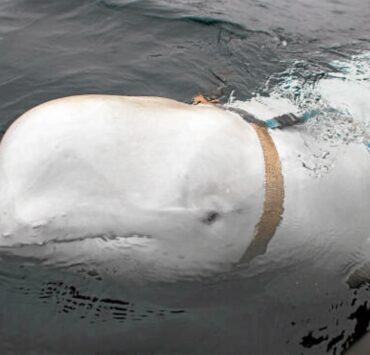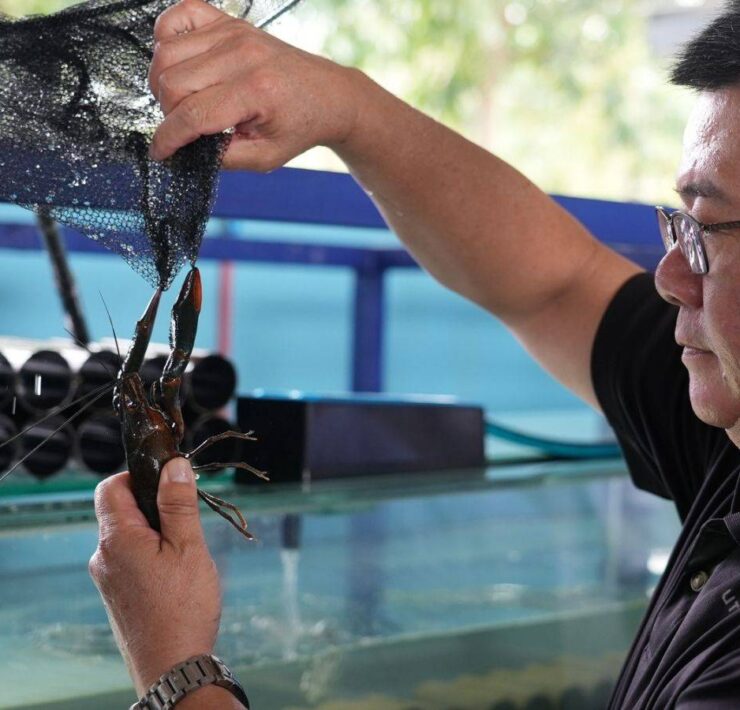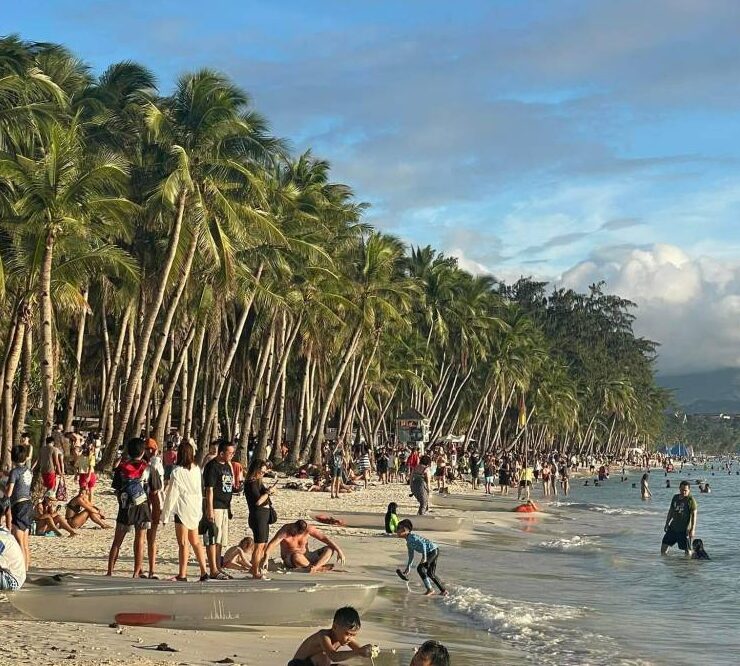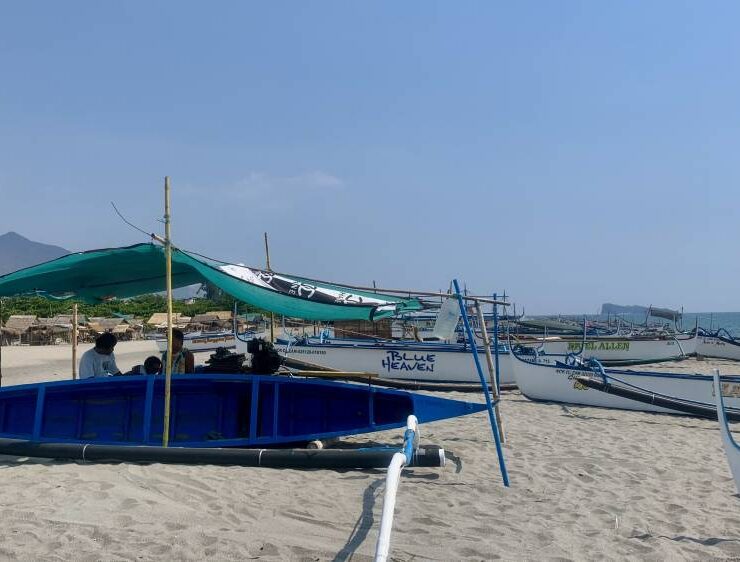Adopting the Yunus’ approach to eliminating hunger among fisherfolk
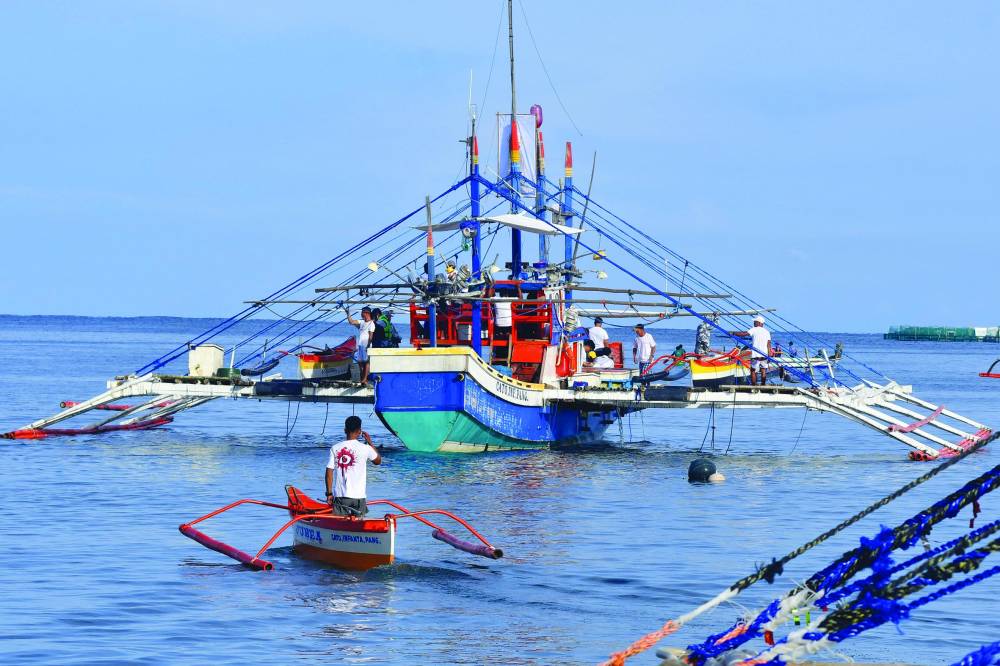
By embracing a comprehensive strategy that combines economic empowerment with environmental stewardship and social cohesion, the potential exists to break free from the shackles of poverty and lay the foundation for a more resilient and prosperous future.
When I learned that Nobel laureate Muhammad Yunus had been appointed to lead an interim government of Bangladesh following the toppling of its prime minister, I was filled with excitement and hope. Could the man who dedicated his life to addressing poverty in his home country now tackle the widespread poverty there as its leader? I was inspired by his story and even owned a copy of his book, “Creating a World Without Poverty.” Yunus is a trailblazer in the fields of microfinance and social entrepreneurship, and in his book, he outlines his vision for eliminating world poverty through innovative strategies that aim to combat destitution and foster sustainable development.
Yunus contends that the absence of access to formal financial services hinders the poor from breaking free from poverty and views this access as a basic human right. He champions microcredit as a tool to uplift individuals, especially women, enabling them to escape the poverty trap. He stresses the significance of establishing social enterprises that tackle the underlying issues of hunger and poverty, rather than prioritizing profit above all else.
Overall, the book conveys a hopeful and inspiring message that through leveraging the power of social entrepreneurship and microfinance, we have the capacity to foster a world where every individual has access to the necessary resources for improving his lot, thereby alleviating the burdens of hunger and poverty that society faces. As the leader of the country, endowed with significant influence, the question arises: is he able to demonstrate the ideals he advocates? Are we observing the emergence of Bangladesh from the depths of poverty, with Yunus steering the course towards progress?
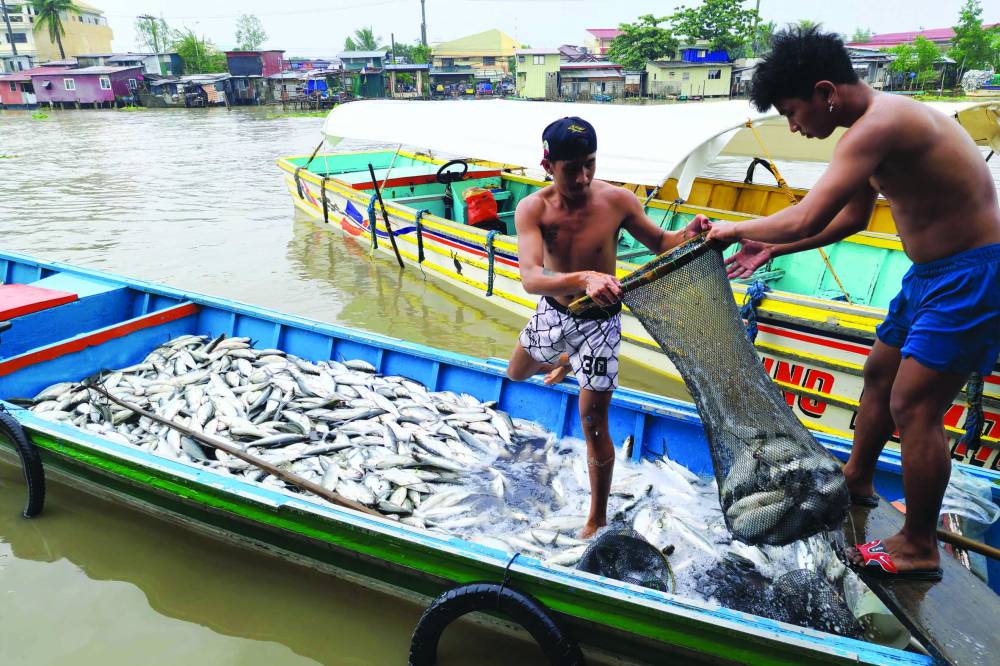
I am contemplating the potential application of this approach in the impoverished fishing sector of the Philippines amid the backdrop of heavily exploited fisheries. A report in March 2023 by the Inquirer.net highlighted that fisherfolk, alongside farmers, are among the most impoverished groups in the country. Can fishers improve their lot by improving their access to capital or will this just add the pressure to fisheries that is plagued by excess fishing effort?
In other words, even if you increase fishing efficiency by better and larger boats, aggregate sector catch remains low. It will just be a case of Pareto efficiency where the well-capitalized gets the lion’s share. Overall, there may be an increase in catch but a pendulum swings further into a more serious overfished condition. Or should we invest first in restoring the health of fish stocks and damaged ecosystems before anything else?
Moreover, should fishers use the newly acquired capital for other income-generating endeavors outside the fisheries? But studies have shown that people in the fisheries are averse to work opportunities outside their sector. The World Bank has shown that fishers are not willing to accept jobs outside fishing. This is understandable considering the mismatches between job availability and labor’s skill needs.
Open-access fisheries system
Moreover, studies have revealed a concerning decline in catch rates due to unsustainable fishing practices over time. It is important to highlight that the Philippine fisheries sector mainly operates under an open-access system, with protected areas in our territorial waters making up less than 5 percent. This situation is exacerbating the issue. The Kunming-Montreal Global Biodiversity Framework (KMGBF) proposes the strict protection of 30 percent of marine areas while effectively managing the remaining 70 percent. It is clear that maintaining the current approach is no longer sustainable and has contributed to the poor state of our fisheries.
Often overlooked, small-scale fishing methods are overshadowed by the detrimental effects of industrial fishing practices. Research indicates that industrial fisheries capture nearly 100 endangered fish and invertebrate species.
However, the significant increase in small-scale fishers in municipal waters has raised concerns about the cumulative impact of small-scale fisheries, which could rival that of industrial fisheries. Data from the 2020 Philippine Statistics Agency (PSA) shows that the municipal sector catch exceeds the commercial sector catch by 200,000 MT. In short, many small-scale fishers, although operating legally, still pose a threat to fishery sustainability without adequate regulation.
The industry is experiencing a notable decrease in catches, leading to reduced income generation and surpassing the maximum economic yield threshold. Consequently, the fisheries sector stands as one of the most impoverished industries. With limited earnings, one may question whether struggling fishers can break free from the cycle of poverty.
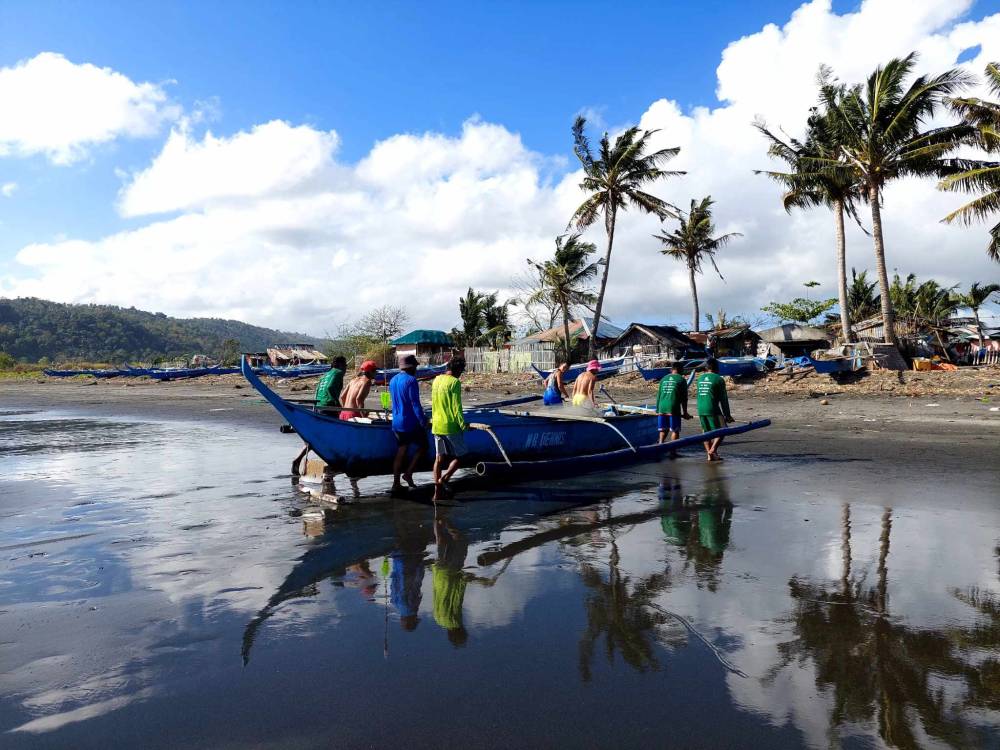
Poverty and ecological collapse
The issue of poverty is intricate and multifaceted, with ecological collapse emerging as a significant contributing factor. This trend is particularly evident in industries relying on natural resources, where a majority engage in hunting and gathering as their primary livelihood. In such cases, individuals often lack control over the resources crucial for production, resulting in unpredictable outcomes. For many small-scale fishers, each fishing expedition poses risks due to this uncertainty.
While certain ocean areas, like upwelling zones that bring essential nutrients from the seabed, support high productivity, much of the sea remains impoverished and depleted. The ecological damage caused by overexploitation further entrenches the cycle of poverty. This scenario embodies the social science concept of “the tragedy of the commons,” as introduced by Garett Hardin in 1968. Hardin emphasized that in a competitive world with limited resources, total freedom will lead to ruin for all. As long as individuals prioritize their short-term gains over the long-term health of fisheries, the tragedy of the commons will persist. Ineffective governance and policies exacerbate the challenges faced by those in the fisheries sector, deepening poverty within these communities.
In its exploration of poverty and wellbeing in small-scale fisheries, the book “Social Wellbeing and the Values of Small-scale Fisheries” published in 2018 underscores the intricate nature of poverty as a multifaceted issue. Through their examination of global case studies, the authors reveal how interventions spanning various governance levels can pave the way for poverty alleviation and community upliftment while preserving local ways of life.
Emphasizing the interconnectedness of social justice, sustainable livelihoods, food security, and ecosystem health, the authors highlight the importance of integrated governance strategies to promote holistic wellbeing. By fostering stakeholder engagement and enacting effective governance actions, it is possible to enhance the diverse dimensions of wellbeing crucial for a fulfilling life. In the Philippine context, where poverty remains a prevalent concern within the fisheries sector, adopting a comprehensive approach akin to the one proposed by the authors above is vital in comprehending the complexity of the issue and charting a path toward meaningful solutions.
As Bangladesh ventures into a new chapter under Muhammad Yunus’ leadership, the challenge of uplifting communities reliant on natural resources calls for innovative approaches rooted in empathy, equity, and sustainability. By embracing a comprehensive strategy that combines economic empowerment with environmental stewardship and social cohesion, the potential exists to break free from the shackles of poverty and lay the foundation for a more resilient and prosperous future.
In the quest to transform the narrative of poverty within the fisheries sector, Yunus’ ethos of inclusive development and ethical entrepreneurship may serve as a guiding light toward a more prosperous and harmonious coexistence between humankind and our oceans.
Dr. Michael P. Atrigenio is an Assistant Professor at the Marine Science Institute of the University of the Philippines Diliman and the program head of the Professional Masters in Tropical Marine Ecosystems Management Program. He is also the President of the Marine Environment and Resources Foundation.














